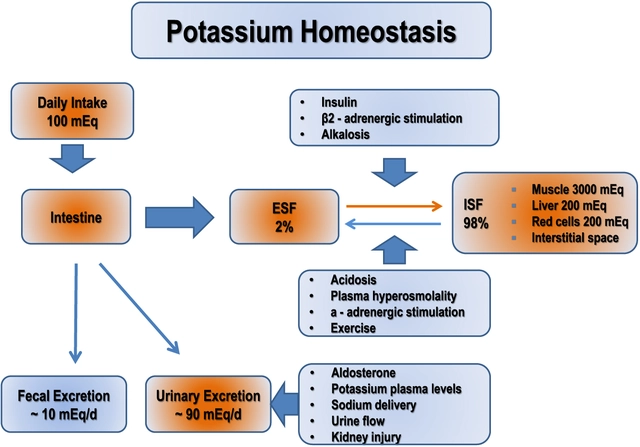Amitriptyline Risks: What You should know
Amitriptyline is an older antidepressant still used for depression, nerve pain, migraines and sleep problems. It works for many people, but it comes with a long list of side effects and safety concerns you should know about before you start or if you’ve been on it for a while.
Common side effects and everyday risks
Expect drowsiness, dry mouth, blurred vision, constipation and weight gain. Those come from anticholinergic effects — they slow parts of your body down. You may feel dizzy when standing up (orthostatic hypotension). That matters if you drive or climb ladders. Sexual side effects and trouble peeing are also common. For many, these are dose-related: lower doses often cause fewer problems.
Another everyday risk is sedation. Some people do better taking amitriptyline at night. If it makes you sleepy in the morning, tell your prescriber — dose timing can help.
Serious risks, interactions, and safe use
There are bigger dangers to watch for. Amitriptyline can affect the heart, causing fast or irregular beats and prolonging the QT interval in some people. If you have heart disease, a prior heart attack, or fainting spells, your doctor may get an ECG before and during treatment.
Drug interactions matter. Never mix amitriptyline with MAO inhibitors, and be cautious with SSRIs or SNRIs — combining can raise the risk of serotonin syndrome. Alcohol and other sedatives amplify drowsiness and breathing problems. Opioids, certain antihistamines, some antibiotics and heart medicines can all interact. Always give your prescriber and pharmacist a full list of medicines, vitamins and herbal products.
Overdose is dangerous. Tricyclic antidepressants like amitriptyline can be lethal in high doses. Warning signs of serious toxicity include severe confusion, seizures, very fast or very slow heartbeat, trouble breathing, and extreme drowsiness. Keep meds out of reach of children and seek emergency care if you suspect an overdose.
Stopping abruptly can cause withdrawal-like symptoms: nausea, irritability, sleep problems or a return of depression. Taper slowly under your doctor’s guidance.
Special groups need extra caution. Older adults have higher fall and confusion risk; doctors usually start at a lower dose. If you’re pregnant or breastfeeding, talk to your provider — risks and benefits need careful weighing.
Practical tips: start low and go slow, take at night if sleepy, avoid alcohol, check blood pressure, and report any palpitations, fainting, or severe mood changes. If you have heart issues or take several medicines, ask for an ECG or a medication review.
If you’re worried about side effects or interactions, talk to your prescriber. If you notice seizures, severe breathing trouble, fainting or uncontrollable heart rhythm, get emergency help right away.






